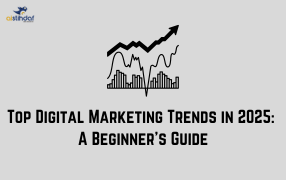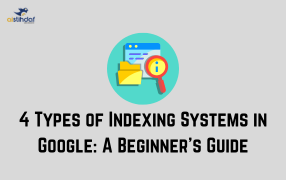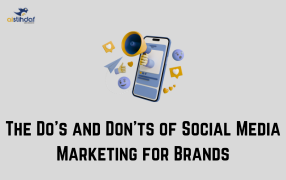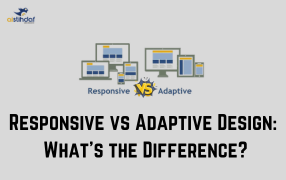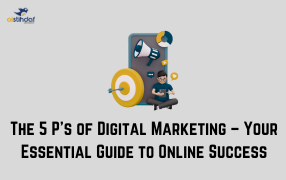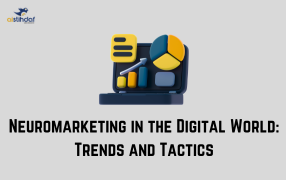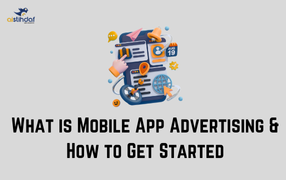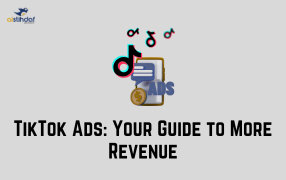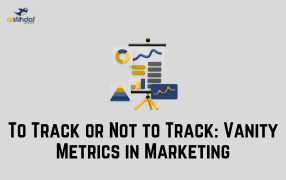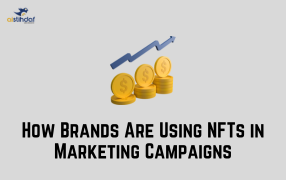
How to Create a Digital Marketing Plan for Your Business
In today's digital era, having a solid digital marketing plan is crucial for business success. Whether you're a startup or an established company, a well-structured marketing strategy helps in reaching the right audience, increasing brand awareness, and driving sales. This guide will walk you through the essential steps to create a digital marketing plan that works, even if you're a beginner.
Step 1: Define Your Goals and Objectives
The first step in creating a digital marketing plan is to set clear goals. Ask yourself:
Do you want to increase brand awareness?
Are you looking to generate more leads?
Do you aim to boost website traffic?
Are you focusing on increasing sales and revenue?
Make sure your goals follow the SMART criteria (Specific, Measurable, Achievable, Relevant, and Time-bound).
Step 2: Understand Your Target Audience
Knowing your audience is key to successful marketing. Conduct market research to define:
Demographics: Age, gender, location, income level
Interests & Behaviors: What they like, where they spend time online
Pain Points: The challenges they face and how your business solves them
Tools like Google Analytics, Facebook Insights, and customer surveys can help gather audience insights.
Step 3: Analyze Competitors
Study your competitors to understand what works and what doesn’t. Identify:
Their marketing strategies
Social media presence
Content types (blogs, videos, infographics)
Paid advertising efforts
Use tools like SEMrush, Ahrefs, and SimilarWeb to analyze competitor performance.
Step 4: Choose the Right Digital Marketing Channels
Different channels serve different purposes. Select the right platforms based on your goals:
SEO (Search Engine Optimization): Improves website visibility in search engines
Content Marketing: Engages users through blogs, videos, and guides
Social Media Marketing: Builds brand awareness and community engagement
Email Marketing: Nurtures leads and boosts customer retention
PPC (Pay-Per-Click) Advertising: Drives targeted traffic with paid ads
Influencer Marketing: Leverages industry experts for credibility
Step 5: Create a Content Strategy
Content is the backbone of digital marketing. Develop a content calendar that includes:
Blog posts
Social media updates
Videos & infographics
Email campaigns
Webinars & live sessions
Ensure your content is valuable, engaging, and optimized for search engines (SEO).
Step 6: Set a Budget
Allocate a budget for different marketing activities such as:
Paid ads (Google Ads, Facebook Ads)
Content creation (blogs, videos, design)
SEO & analytics tools
Influencer collaborations
Make sure to track ROI (Return on Investment) to adjust spending as needed.
Step 7: Implement and Monitor Your Plan
Once your digital marketing plan is in action, track its performance regularly. Use tools like:
Google Analytics for website traffic
Google Search Console for SEO insights
Facebook & Instagram Insights for social media performance
Email marketing software like Mailchimp or HubSpot for campaign analysis
Make necessary adjustments based on data trends to improve results.
Conclusion
Creating a digital marketing plan is essential for any business looking to grow in the online space. By setting clear goals, understanding your audience, leveraging the right channels, and tracking performance, you can achieve sustainable success. If you're looking for expert guidance and tailored strategies, partnering with the best digital marketing agency in Dubai can help take your business to the next level.


